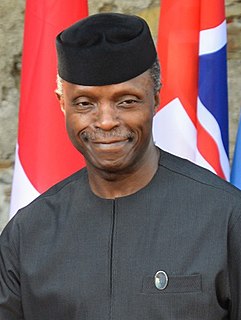A Quote by Milton Friedman
The lesson for Asia is; if you have a central bank, have a floating exchange rate; if you want to have a fixed exchange rate, abolish your central bank and adopt a currency board instead. Either extreme; a fixed exchange rate through a currency board, but no central bank, or a central bank plus truly floating exchange rates; either of those is a tenable arrangement. But a pegged exchange rate with a central bank is a recipe for trouble.
Related Quotes
If a country is an attractive place for foreigners to invest their funds, then that country will have a relatively high exchange rate. If it's an unattractive place, it will have a relatively low exchange rate. Those are the fundamentals that determine the exchange rate in a floating exchange rate system.
When you own gold you're fighting every central bank in the world. That's because gold is a currency that competes with government currencies and has a powerful influence on interest rates and the price of government bonds. And that's why central banks long have tried to suppress the price of gold. Gold is the ticket out of the central banking system, the escape from coercive central bank and government power.
That day the U.S. announced that the dollar would be devalued by 10 percent. By switching the yen to a floating exchange rate, the Japanese currency appreciated, and a sufficient realignment in exchange rates was realized. Joint intervention in gold sales to prevent a steep rise in the price of gold, however, was not undertaken. That was a mistake.
The IMF insisted that both Russia and Brazil maintain their currency at over-valued levels. Who are you protecting when you try to maintain that exchange rate by having high interest rates? You're protecting domestic and foreign firms that have gambled on the exchange rate. And who is paying the price? The small businesses that did not gamble [and no longer can afford loans], the workers who are going to be put out of jobs.
Global central banks are working hard to lift their economies through an aggressively easy monetary policy. The ECB [European Central Bank] and BOJ [Bank of Japan] are buying tens of billions of bonds and other financial securities each month in an effort to stimulate their economies, which is pushing down rates everywhere, including in the U.S.
The problem is that, in a world of floating exchange rates, as Italy was before the euro, if one country is subjected to a shock which requires it to cut wages, it cannot do so with a modern kind of control and regulation system. It is much easier to do it by letting the exchange rate change. Only one price has to change, instead of many.

































